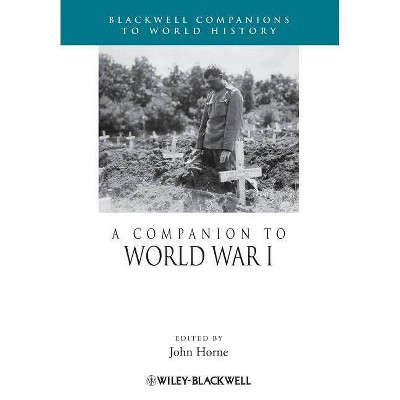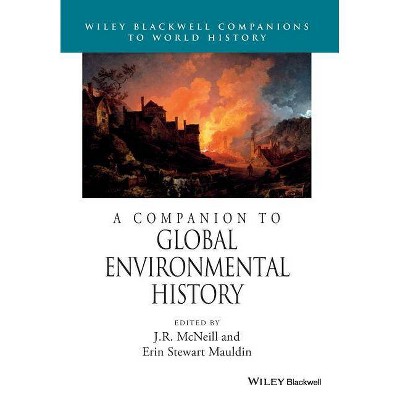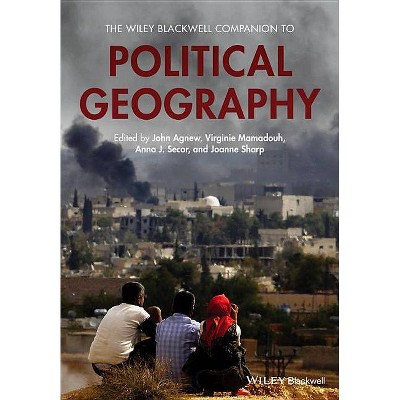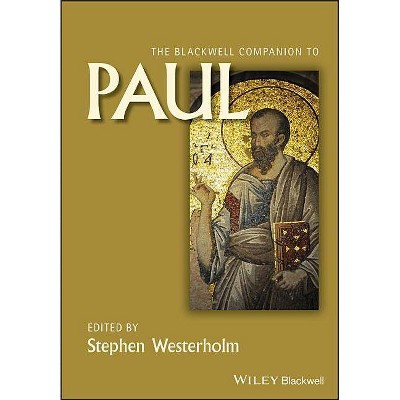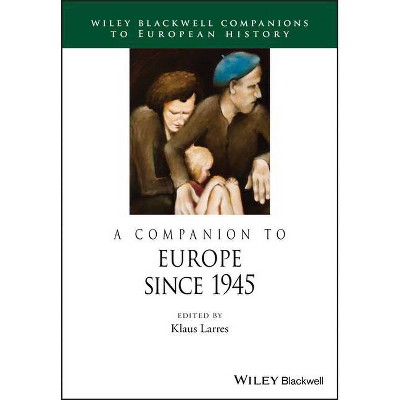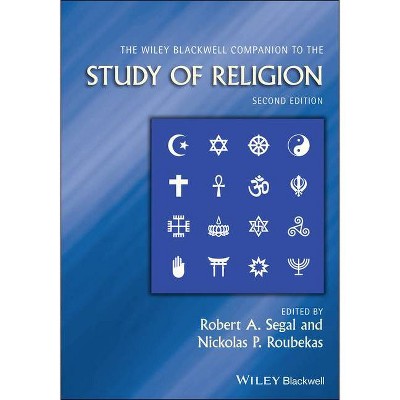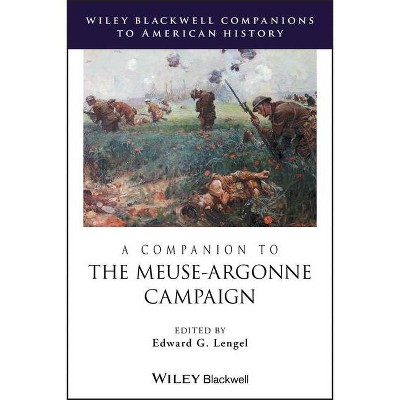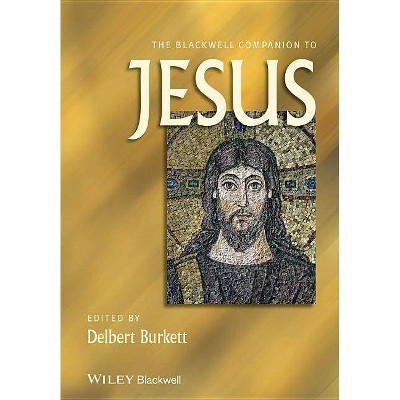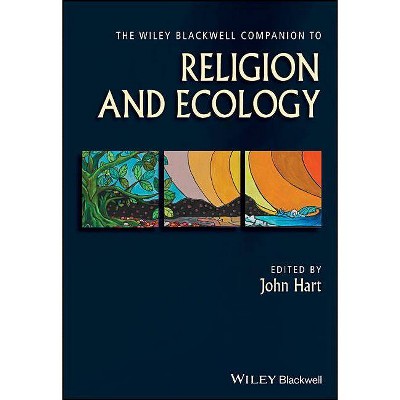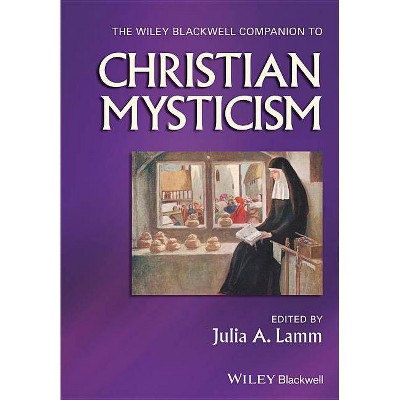A Companion to the History of Science - (Wiley Blackwell Companions to World History) by Bernard Lightman (Paperback)
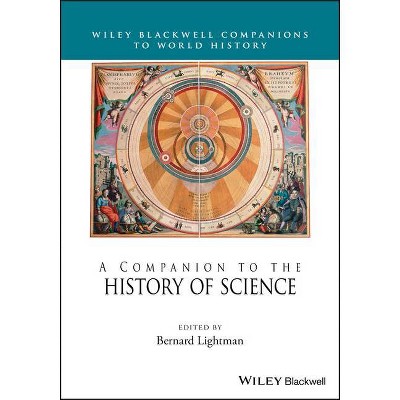
Similar Products
Products of same category from the store
AllProduct info
<p/><br></br><p><b> About the Book </b></p></br></br>"Over the last thirty-five years, the study of the history of science has undergone a shift in historiographical approach. While scholars previously focused on the history of abstract scientific discoveries by key figures like Galileo and Newton, contemporary science historians are turning to focus on richer, more descriptive studies within specific and local contexts. A Companion to the History of Science captures this move away from abstract theories and into more intimate analysis of science in its cultural, political, and social contexts. It aims to survey recent developments that have resulted from the effort to re-envision the field. The volume includes forty original essays written by experts in the field, structured around four analytical categories: the roles, places and spaces, communication, and tools of science. Contributors cut across traditional chronological and geographical boundaries to provide thematic analysis of these topics, including discussion of both Western and non-Western themes throughout the volume. These critical essays synthesize the major debates and issues that dominate current scholarly discussion, and point the way for future inquiry"--<p/><br></br><p><b> Book Synopsis </b></p></br></br><i>The Wiley Blackwell Companion to the History of Science</i> is a single volume companion that discusses the history of science as it is done today, providing a survey of the debates and issues that dominate current scholarly discussion, with contributions from leading international scholars.<br /> <ul> <li>Provides a single-volume overview of current scholarship in the history of science edited by one of the leading figures in the field</li> <li>Features forty essays by leading international scholars providing an overview of the key debates and developments in the history of science</li> <li>Reflects the shift towards deeper historical contextualization within the field</li> <li>Helps communicate and integrate perspectives from the history of science with other areas of historical inquiry</li> <li>Includes discussion of non-Western themes which are integrated throughout the chapters </li> <li>Divided into four sections based on key analytic categories that reflect new approaches in the field</li> </ul><p/><br></br><p><b> From the Back Cover </b></p></br></br><p>A COMPANION TO THE</br> <b>HISTORY OF SCIENCE</b> <p>"A triumph of organization, this remarkable work is the best place to start for anyone who wants to understand current debates in this rapidly changing field." <b>James A. Secord, </b> <i>University of Cambridge</i> <p>"Scholarship in the history of science is flourishing, covering more ground, with a richer variety of sources and questions, than ever before. This engaging, timely volume highlights some of the big themes that animate many studies today. Leading historians trace changing roles, places, partnerships, and techniques with which people have endeavored to make sense of the natural world. An impressive and important volume." <b>David Kaiser, </b> <i>Massachusetts Institute of Technology</i> <p>"From alchemists and academies to translations and three-dimensional models, the topics that matter most to today's historians of science are here introduced accessibly and authoritatively. An indispensable volume for newcomers and not-so-newcomers alike." <b>Gregory Radick, </b><i> University of Leeds</i> <p>Over the last 35 years, the study of the history of science has undergone a shift in historiographical approach. While scholars previously focused on the history of abstract scientific discoveries by key figures like Galileo and Newton, contemporary science historians are turning to focus on richer, more descriptive studies within specific and local contexts. <p><i>A Companion to the History of Science</i> captures this move away from abstract theories and into more intimate analysis of science in its cultural, political, and social contexts. It aims to survey recent developments that have resulted from the effort to re-envision the field. The volume includes 40 original essays written by experts in the field, structured around four analytical categories: roles, places and spaces, communication, and tools of science. Contributors cut across traditional chronological and geographical boundaries to provide thematic analysis of these topics, including discussion of both Western and non-Western themes throughout the volume. These critical essays synthesize the major debates and issues that dominate current scholarly discussion, and point the way for future inquiry.<p/><br></br><p><b> About the Author </b></p></br></br><p><b>Bernard Lightman</b> is Professor of Humanities at York University, Toronto, Canada. He is a Fellow of the Royal Society of Canada, former Editor of the journal <i>Isis</i>, and Vice-President and President Elect of the History of Science Society. Professor Lightman has published over 50 articles and is author of <i>The Origins of Agnosticism</i> (1987) and <i>Victorian Popularizers of Science</i> (2007). He is also editor or co-editor of several collections, <i>Victorian Science in Context</i> (1997), <i>Science in the Marketplace</i> (2007), and <i>Victorian Scientific Naturalism</i> (2014). In addition, he is the series editor of "Science and Culture in the Nineteenth Century."
Price History
Price Archive shows prices from various stores, lets you see history and find the cheapest. There is no actual sale on the website. For all support, inquiry and suggestion messages communication@pricearchive.us
